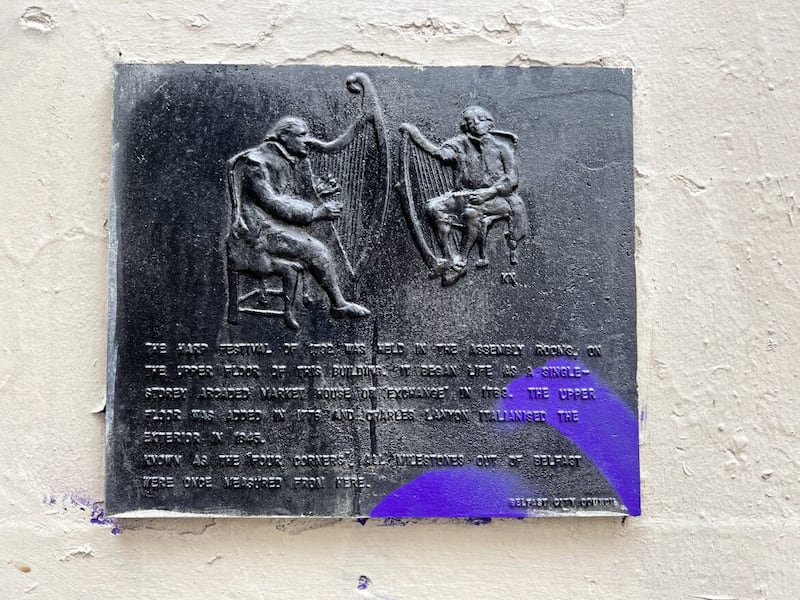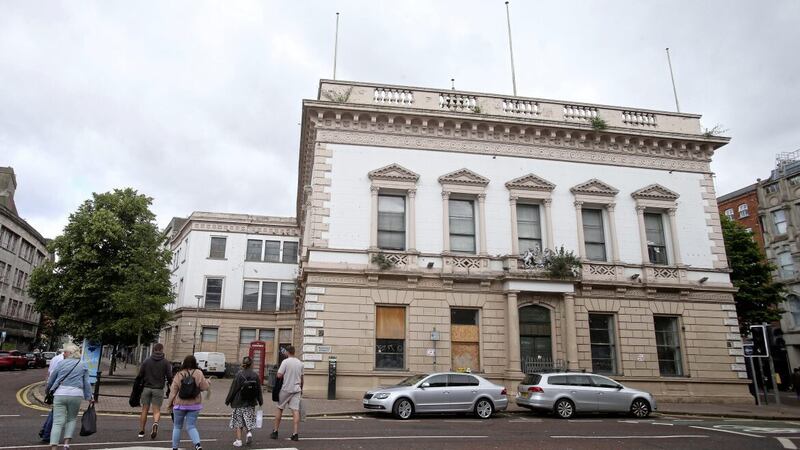A friend once told me: "You know you're getting old when you are seated closer to the front of the church at funerals." When he said it, I was young enough to think it was a witty remark. But its essential truth has become starker as the years have passed.
Death is the last great rite of passage – for the deceased it is a journey to who knows where, and for those close to them to a world forever changed. None of us who mourns remains untouched, and the funeral is a reminder of our own mortality.
When my siblings and I were saying a final goodbye to my father, my mother told us: "No tears, you'll only be crying for yourselves." And she was right, though we cried anyway, as we did after she died too.
The recent deaths of two former colleagues, the journalists Henry McDonald and Peadar O'Rourke (both, as they say, of this parish) have been chastening. Each, in his own way, made a material difference to the world around him.
Journalism may at times be ignoble, but individual journalists perform a public service which protects the rights of individuals and exposes the abuse of power by the corrupt and criminal.
Working in a completely different field, the conductor Kenneth Montgomery, whose death was announced this week, was another public servant whose talents touched the lives of those who listened to his music-making in concert halls, opera houses and in the comfort of their own homes through his recordings.
Kenneth was one of the many unsung heroes of this place. Yes he headed up two of our finest institutions – the now defunct Opera Northern Ireland, and the Ulster Orchestra – but much of his career was in Europe (he lived in the Netherlands) and in the United States where he was a stalwart of the much celebrated Santa Fe Opera.
I first met him in the lounge at the Europa Hotel interviewing him for The Irish News ahead of his production of Mozart's Marriage of Figaro (still one of the best productions of this masterpiece I have seen).
As a human being, he was warm and engaging; as a musician he was among the best – always searching for ways to get close to the composer's intentions. He was intensely conscious of the social, cultural and political context in which the music was composed, and that was reflected in his performances.
Kenneth was not the only musician from these shores whose work was somewhat taken for granted.
One of them, James Johnson, a butcher by trade from Sandy Row, sang opposite the great Maria Callas in the Royal Opera House; Heather Harper, the soprano, was close to Benjamin Britten and premiered many of his works – including the War Requiem which marked the re-opening of Coventry Cathedral; pianist Barry Douglas (better known, it must be said) is one of the world's finest and has inspired a generation of musicians from these parts.
One of the problems with our obsession with politics and the constitutional question is that, as a society, we have failed to focus on some of the things that are important to our common humanity – the arts among them.
Douglas should not have to be campaigning to protect the future of the Belfast School of Music, which has done so much to transform the lives of children from across the city. The Ulster Orchestra should not be in perpetual crisis because of underfunding. The Arts Council should not be in a position where it is robbing Peter to pay Paul every funding round.
Nor should the historic Assembly Rooms – the venue for the great gathering of Irish Harpers in 1792 – be lying derelict in Belfast city centre. For an insight into the importance of the Harpers' Gathering check out David Byers's comprehensive account published recently by Irish Pages Press.

I never cease to be amazed by those who claim they are motivated by the desire to protect their culture and traditions, but who willingly stand by when individuals and organisations, whose life's work is to make this a better place, are undermined and undervalued.
Mahatma Gandhi put it well when he said: "An eye for an eye will only make the whole world blind."
We are blind to the work of many inspirational people among us. We should not just lament them when they are lost to us, but celebrate them while they are alive.









